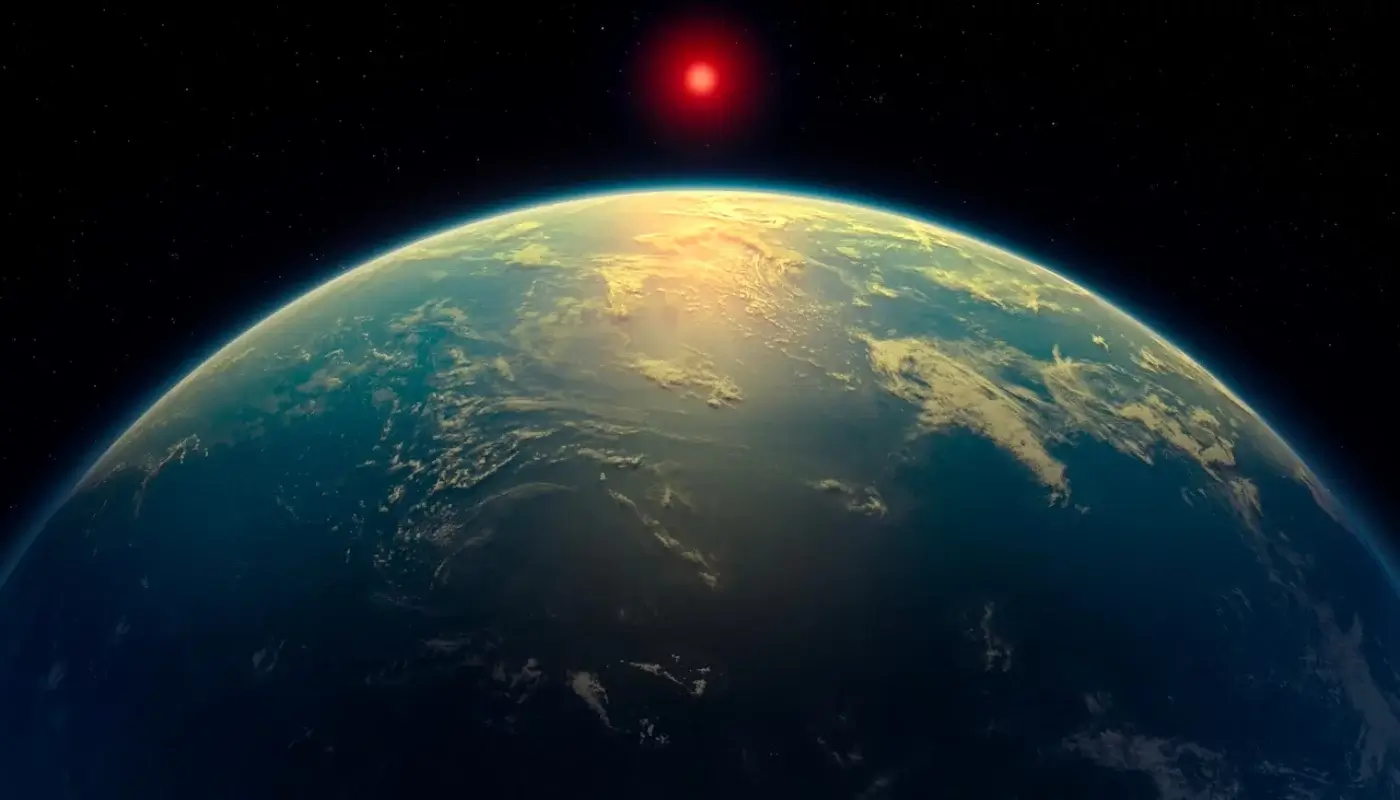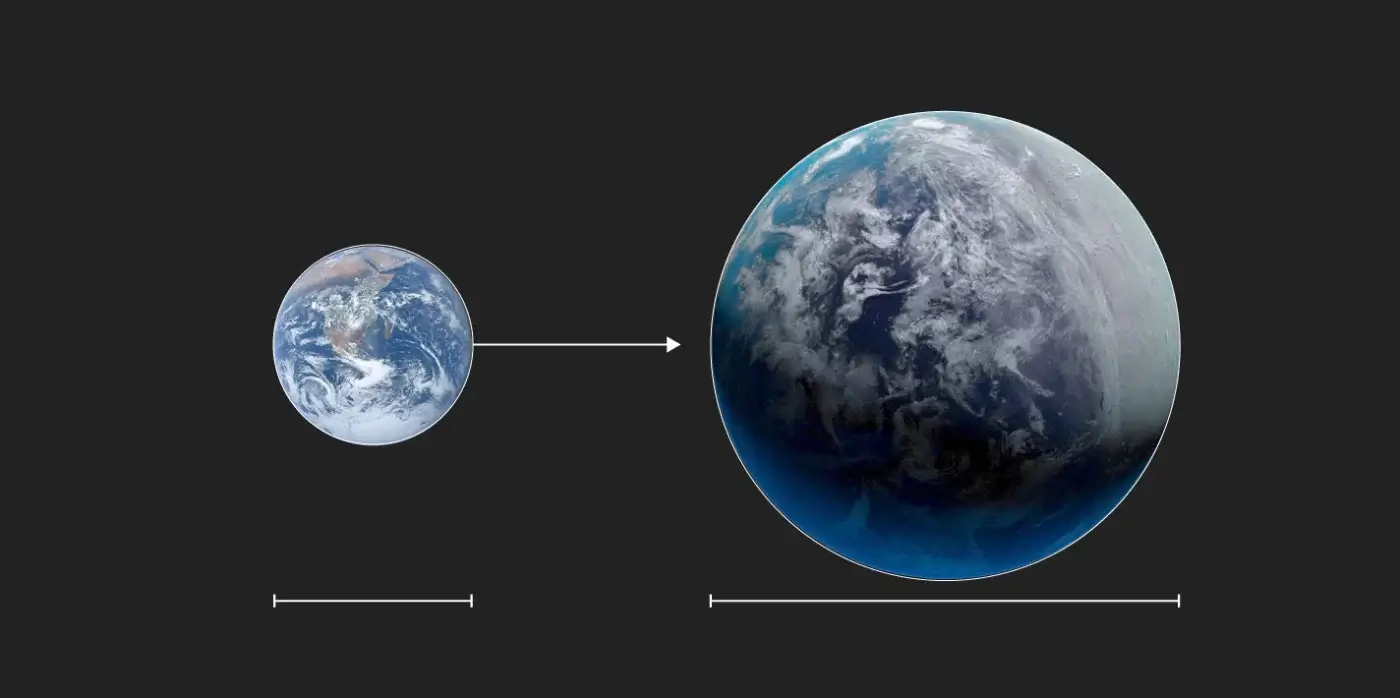Biosignature detected 120 light-years from Earth — is this a revolution for humanity?

Sign of life 120 light-years away? Astronomers detect first “biosignal”
Astronomers have detected a chemical substance that indicates the presence of life on the exoplanet K2-18b outside the solar system. Located 120 light-years from Earth, the planet’s atmosphere contains dimethyl sulfide (DMS) — a molecule that is produced only by living organisms on Earth, especially seaweed.
Revolutionary discovery: Signal from the James Webb Telescope
The discovery was made using NASA's James Webb Telescope. Nikku Madhusudhan, an astrophysicist at the University of Cambridge and the lead author of the study, described the discovery as follows:
"For the first time in human history, a biosignature has been detected in the atmosphere of another planet. This is a truly revolutionary moment," he said.
The first faint signal of DMS was recorded in 2023. New observations have detected not only this substance, but also another related substance called dimethyl disulfide.
K2-18b - a habitable "hycean" planet?
Discovered in 2017, the planet K2-18b is classified as a "sub-Neptune" in astronomy - it is larger than Earth, smaller than Neptune. Madhusudhan's team has proposed the term "hycean" for such planets: a combination of the words "hydrogen" and "ocean".

Scientists believe that such planets may have warm water surfaces and hydrogen-rich atmospheres.
According to calculations, the concentration of DMS in the atmosphere of planet K2-18b could be a thousand times higher than on Earth.
Be careful: not everyone believes
Some experts, however, advocate a cautious approach. They believe that K2-18b is not a watery world, but a mass of molten rock, and its atmosphere may be filled with a hydrogen layer that is unfavorable for life.
This will require further laboratory experiments, more precise spectroscopic observations, and chemical modeling.
A Step Towards Extraterrestrial Life
Despite the heated debate, the data obtained from K2-18b opens a new direction in the search for extraterrestrial life. If these assumptions are confirmed, a huge opportunity will open up for humanity to understand how vast the habitable zones are in our galaxy. Read “Zamin” on Telegram!
Ctrl
Enter
Found a mistake?
Select the phrase and press Ctrl+Enter 





















